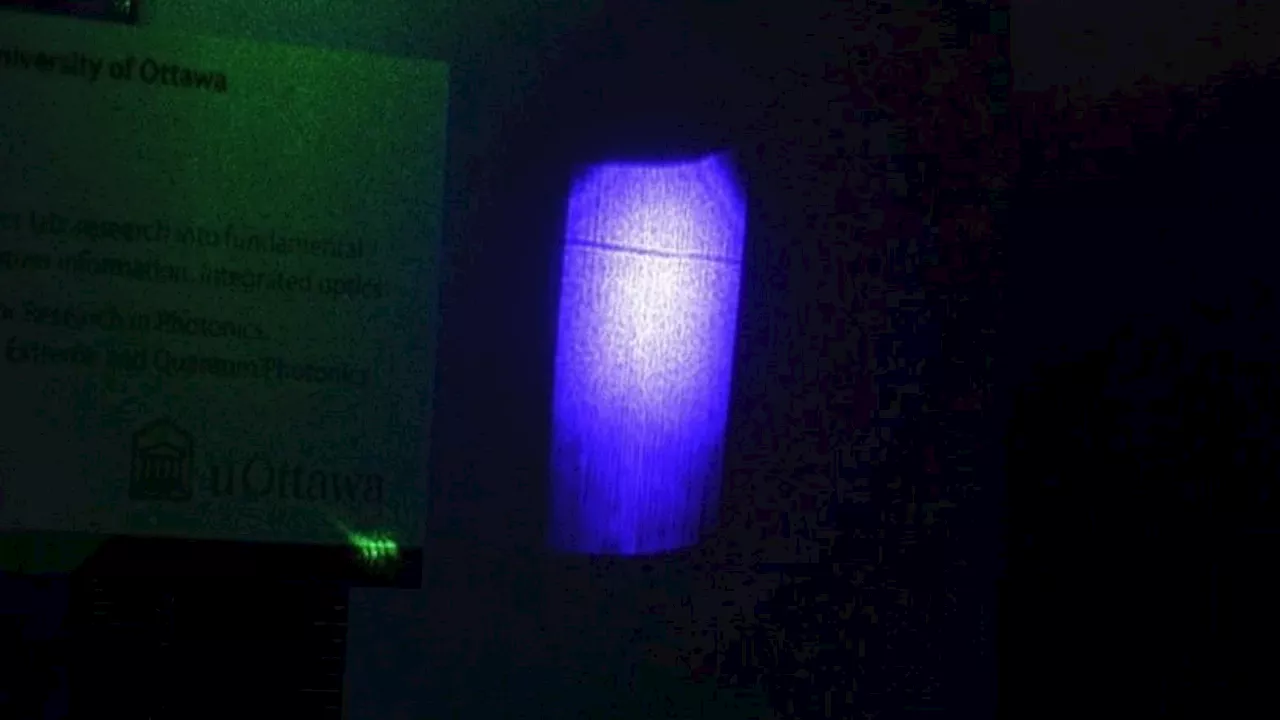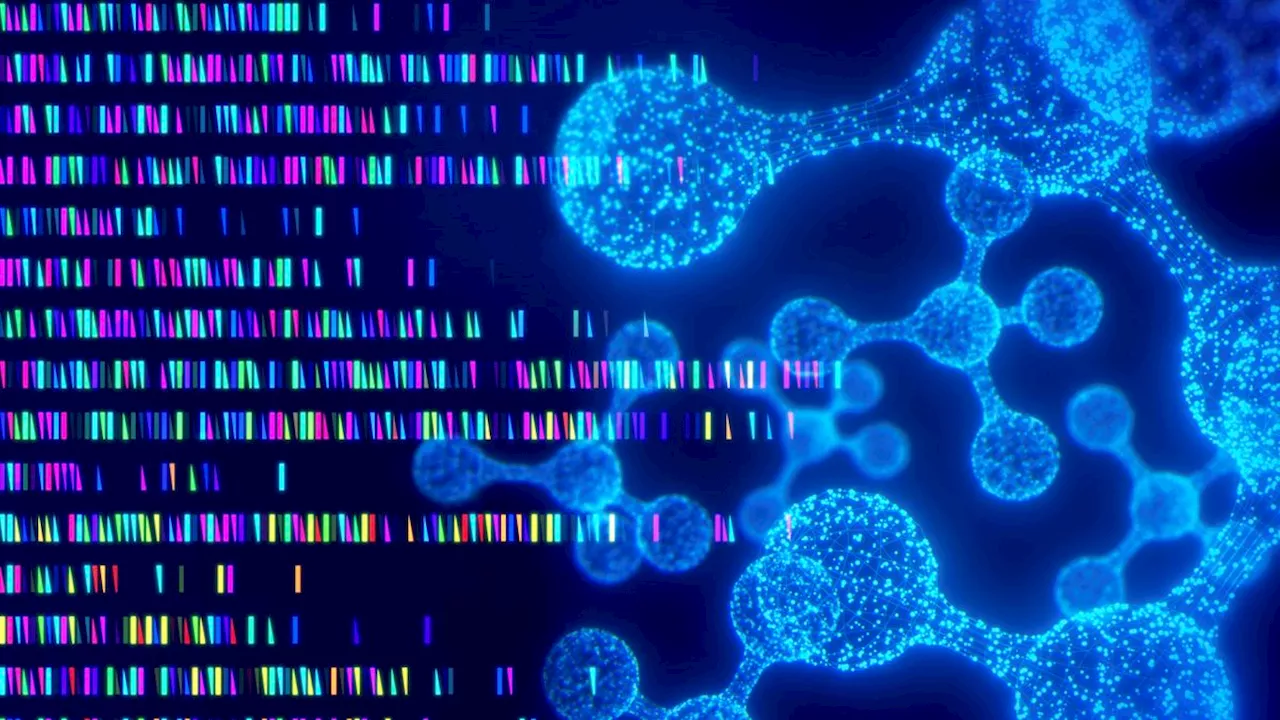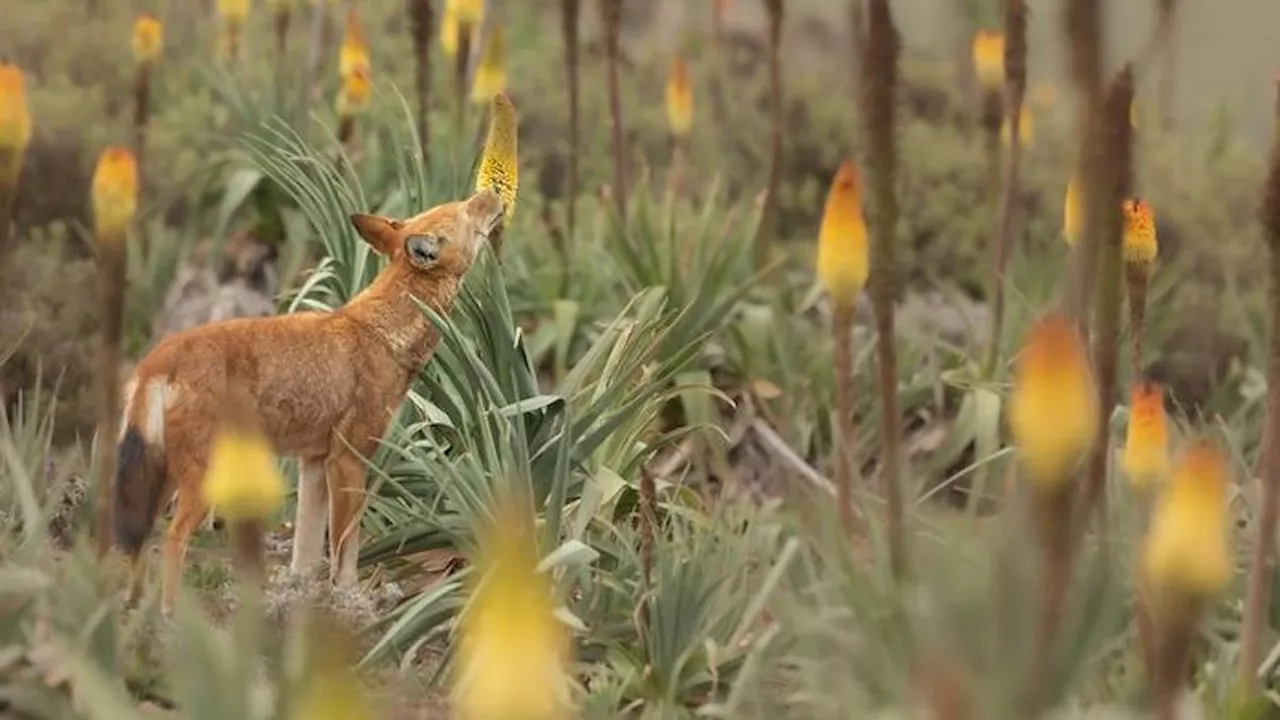Andrew Paul is Popular Science's staff writer primarily focused on tech news. Previously, he was a regular contributor to The A.V. Club and Input, and has had recent work featured by Rolling Stone, Fangoria, GQ, Slate, NBC, as well as McSweeney's Internet Tendency. He lives outside Indianapolis.
ArticleBody:Character.AI, a platform offering personalizable chatbots powered by large language models–faces yet another lawsuit for allegedly “serious, irreparable, and ongoing abuses” inflicted on its teenage users. According to a December 9th federal court complaint filed on behalf of two Texas families, multiple Character.AI bots engaged in discussions with minors that promoted self-harm and sexual abuse.
AI was founded by two former Google engineers in 2022, and announced a data licensing partnership with their previous employers in August 2024. Now valued at over $1 billion, Character.AI has over 20 million registered accounts and hosts hundreds of thousands of chatbot characters it describes as “personalized AI for every moment of your day.” According to Jain—and demographic analysis—the vast majority of active users skew younger, often under the age of 18.
United States Latest News, United States Headlines
Similar News:You can also read news stories similar to this one that we have collected from other news sources.
 'It invites us to reconsider our notion of shadow': Laser beams can actually cast their own shadows, scientists discoverSkyler Ware is a freelance science journalist covering chemistry, biology, paleontology and Earth science. She was a 2023 AAAS Mass Media Science and Engineering Fellow at Science News. Her work has also appeared in Science News Explores, ZME Science and Chembites, among others. Skyler has a Ph.D. in chemistry from Caltech.
'It invites us to reconsider our notion of shadow': Laser beams can actually cast their own shadows, scientists discoverSkyler Ware is a freelance science journalist covering chemistry, biology, paleontology and Earth science. She was a 2023 AAAS Mass Media Science and Engineering Fellow at Science News. Her work has also appeared in Science News Explores, ZME Science and Chembites, among others. Skyler has a Ph.D. in chemistry from Caltech.
Read more »
 'Cryptic carbon' may leak from volcanoes millions of years after eruptions endSkyler Ware is a freelance science journalist covering chemistry, biology, paleontology and Earth science. She was a 2023 AAAS Mass Media Science and Engineering Fellow at Science News. Her work has also appeared in Science News Explores, ZME Science and Chembites, among others. Skyler has a Ph.D. in chemistry from Caltech.
'Cryptic carbon' may leak from volcanoes millions of years after eruptions endSkyler Ware is a freelance science journalist covering chemistry, biology, paleontology and Earth science. She was a 2023 AAAS Mass Media Science and Engineering Fellow at Science News. Her work has also appeared in Science News Explores, ZME Science and Chembites, among others. Skyler has a Ph.D. in chemistry from Caltech.
Read more »
 Meet Evo, an AI model that can predict the effects of gene mutations with 'unparalleled accuracy'Skyler Ware is a freelance science journalist covering chemistry, biology, paleontology and Earth science. She was a 2023 AAAS Mass Media Science and Engineering Fellow at Science News. Her work has also appeared in Science News Explores, ZME Science and Chembites, among others. Skyler has a Ph.D. in chemistry from Caltech.
Meet Evo, an AI model that can predict the effects of gene mutations with 'unparalleled accuracy'Skyler Ware is a freelance science journalist covering chemistry, biology, paleontology and Earth science. She was a 2023 AAAS Mass Media Science and Engineering Fellow at Science News. Her work has also appeared in Science News Explores, ZME Science and Chembites, among others. Skyler has a Ph.D. in chemistry from Caltech.
Read more »
 Wolves in Ethiopia spotted licking 'red hot poker' flowers like lollipopsSkyler Ware is a freelance science journalist covering chemistry, biology, paleontology and Earth science. She was a 2023 AAAS Mass Media Science and Engineering Fellow at Science News. Her work has also appeared in Science News Explores, ZME Science and Chembites, among others. Skyler has a Ph.D. in chemistry from Caltech.
Wolves in Ethiopia spotted licking 'red hot poker' flowers like lollipopsSkyler Ware is a freelance science journalist covering chemistry, biology, paleontology and Earth science. She was a 2023 AAAS Mass Media Science and Engineering Fellow at Science News. Her work has also appeared in Science News Explores, ZME Science and Chembites, among others. Skyler has a Ph.D. in chemistry from Caltech.
Read more »
 How to take climate change out of the culture warsWhat if the resistance to climate science is not really about science at all?
How to take climate change out of the culture warsWhat if the resistance to climate science is not really about science at all?
Read more »
 'Edge of chaos' neuroscience theory could lead to superfast computing chips that behave like superconductorsSkyler Ware is a freelance science journalist covering chemistry, biology, paleontology and Earth science. She was a 2023 AAAS Mass Media Science and Engineering Fellow at Science News. Her work has also appeared in Science News Explores, ZME Science and Chembites, among others. Skyler has a Ph.D. in chemistry from Caltech.
'Edge of chaos' neuroscience theory could lead to superfast computing chips that behave like superconductorsSkyler Ware is a freelance science journalist covering chemistry, biology, paleontology and Earth science. She was a 2023 AAAS Mass Media Science and Engineering Fellow at Science News. Her work has also appeared in Science News Explores, ZME Science and Chembites, among others. Skyler has a Ph.D. in chemistry from Caltech.
Read more »
